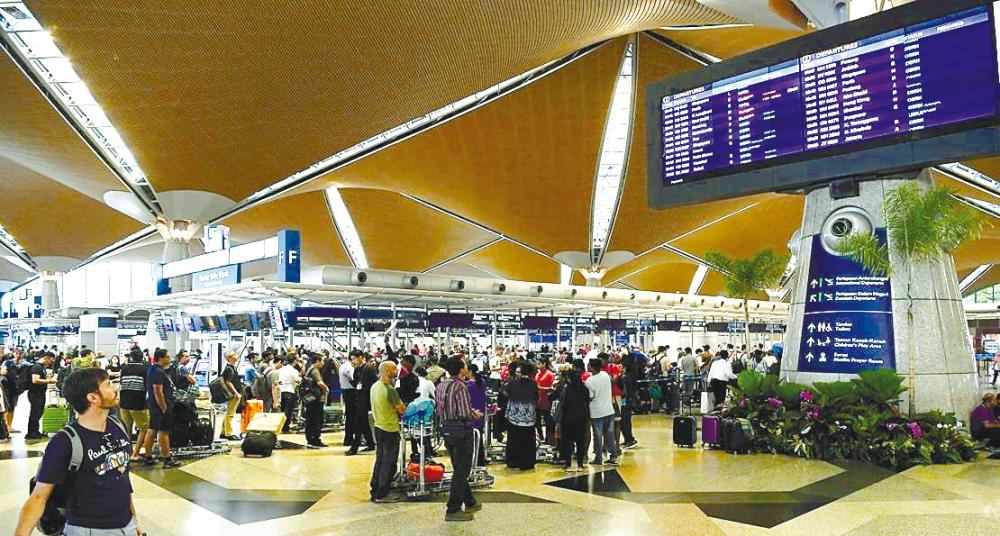PETALING JAYA: Malaysia’s aviation sector passenger traffic reached 69.9 million in the first 10 months of 2023, according to the Malaysian Aviation Commission’s (Mavcom) biannual industry report, Waypoint.
This growth has led Mavcom to revise its 2023 forecast, now expecting between 84.5 million and 86.5 million passengers, surpassing earlier projections.
Mavcom executive chairman Datuk Seri Saripuddin Kasim said the growth in passenger traffic highlights the ongoing recovery of the aviation sector in Malaysia.
“Looking ahead, we expect to see a more pronounced recovery in passenger traffic for 2024. The commission anticipates passenger numbers ranging from 93.9 million to 107.1 million. This indicates a recovery nearing 98% of the pre-Covid-19 pandemic levels seen in 2019,” he said in a statement.
He added that the upsurge is expected to be driven by increased domestic and international travel, particularly to China and the Asean region.
“However, there are potential challenges to consider, such as rising jet fuel costs, the ringgit’s depreciation, possible delays in aircraft deliveries, and workforce issues, which add an element of caution to our projections,” Saripuddin said.
He said that while a recent resurgence of Covid-19 cases has been observed in December 2023, Mavcom believes that its impact on the aviation industry will not be as serious as it was previously.
“So far, the recovery to pre-Covid-19 pandemic levels is expected to stay on the forecasted trajectory,” he added.
As for Malaysia’s air cargo volume, it saw a downturn of 15.3% year-on-year (y-o-y), translating to 4.7 billion freight tonne kilometres (FTK) in the third quarter of 2023 (Q3’23).
Consequently, Mavcom adjusted its 2023 air cargo forecast downward, now expecting a decrease of between 14.1% and 13.5%, equating to 18.7 billion to 18.8 billion FTK.
Despite this downturn, a positive shift is forecasted for 2024, with anticipated cargo growth ranging from 6.0% to 6.6%, potentially reaching 19.8 billion to 20.0 billion FTK.
This expected upswing is attributed to the low base effect in 2023, a possible improvement in the global technology cycle, ongoing recovery in China, and broader economic stabilisation.
Malaysia retained its position as the fifth most connected country in Asean, achieving a connectivity score of 79.7 in the first three quarters of 2023.
KL International Airport Terminal 1 upheld its status as the third-most connected airport in the region, with a direct air connectivity score of 59.9.









